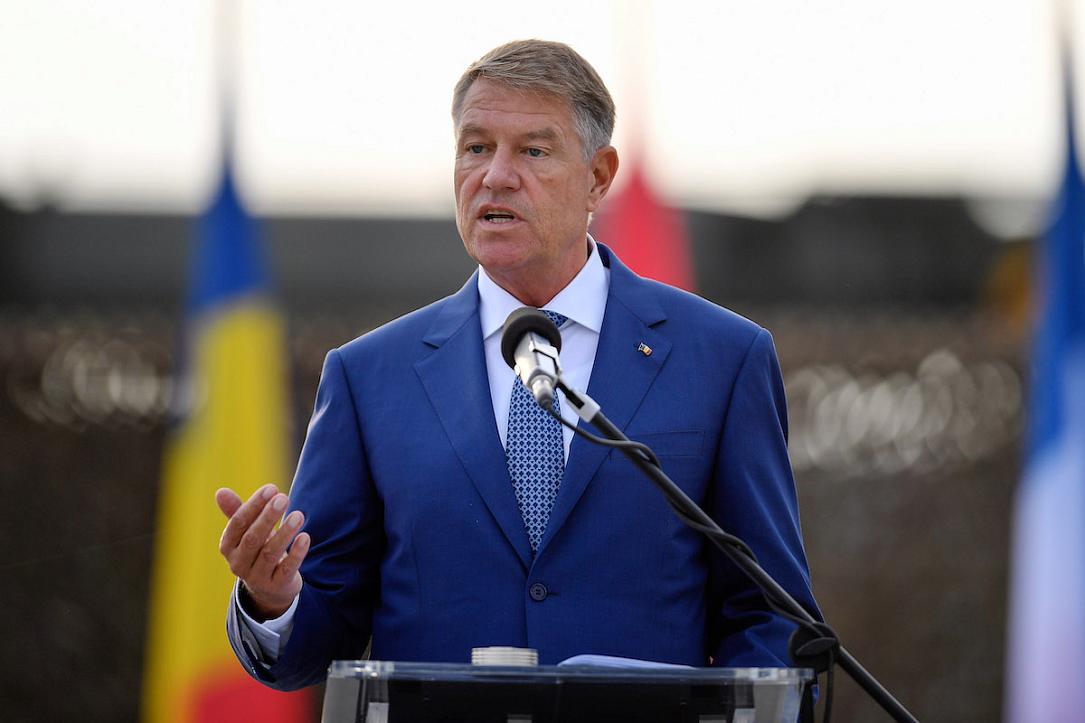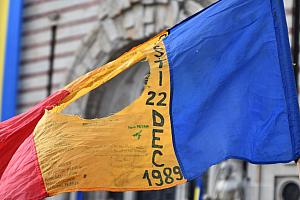Lack of justice regarding the 1989 Revolution still marks Romania, president says

The failure to bring those who committed crimes during the Revolution of December 1989 to justice remains a painful, critical point of Romanian society, president Klaus Iohannis said in a message commemorating the victory of the Revolution.
“The fact that even up to this moment the justice system has not identified and punished the culprits for the crimes committed during the Revolution only serves to maintain feelings of pain and frustration. In the absence of justice, the massacres committed against the civilian population will remain wounds that will never heal," the Romanian head of state said.
Earlier this year, the General Prosecutor’s Office sent back to court the case targeting the Romanian Revolution of December 1989, in which former president Ion Iliescu faces charges of crimes against humanity. Other former officials are also prosecuted.
The December 1989 Revolution marked the end of communism in Romania. Most of those who lost their lives during the Revolution died in the confusion that followed after dictator Nicolae Ceauşescu fled Bucharest.
“December 1989 represents the moment that definitively changed the course of Romania. Through the faith and will of the Romanians who no longer endured the humiliations of the communist regime, our country moved irreversibly towards democracy, a path we have followed for almost three and a half decades,” said Iohannis.
The president also condemned communism, describing it as a violent, abusive, and criminal system that was imposed through violence.
In the same message, Iohannis recounted the challenges that Romania currently faces, such as the war in neighboring Ukraine, economic difficulties, the aftermath of the pandemic, and dangers of populist discourse, but argued that hard-won liberties must be cherished.
“The noblest way we can honor those who gave their lives so that we can be free is to protect democracy and the rule of law and reject any form of extremism and populism,” he said.
The president also underlined the achievements of post-revolutionary Romania: “Today, Romania is a democratic state, deeply attached to Euro-Atlantic values and a reliable partner for our allies, a fact proven and constantly recognized. As a member of the European Union and NATO, Romania continues to consolidate its democracy and, through the efforts of the authorities and the support received from the structures of which it is a part, develop and reduce the gaps generated by the communist regime and eliminate its harmful consequences."
“After 33 years since the overthrow of communism, we must categorically reject the distortion of the truth about our recent past and the evocation of feelings of nostalgia related to this period. The communist regime was a criminal, repressive and abusive one! Under the dictatorship, Romanians lived in terror, cold, and darkness in a prison society, isolated from the rest of Europe and the world, deprived of rights and freedoms. Hundreds of thousands of citizens of our homeland perished in prisons, hundreds of thousands more sought freedom in exile, risking their lives and exposing their families to the harshest consequences,” Iohannis said before recommitting himself and Romania to democratic values, rule of law, and to keep the memory of the Revolution heroes alive.
(Photo source: Inquam Photos/Alex Nicodim)













